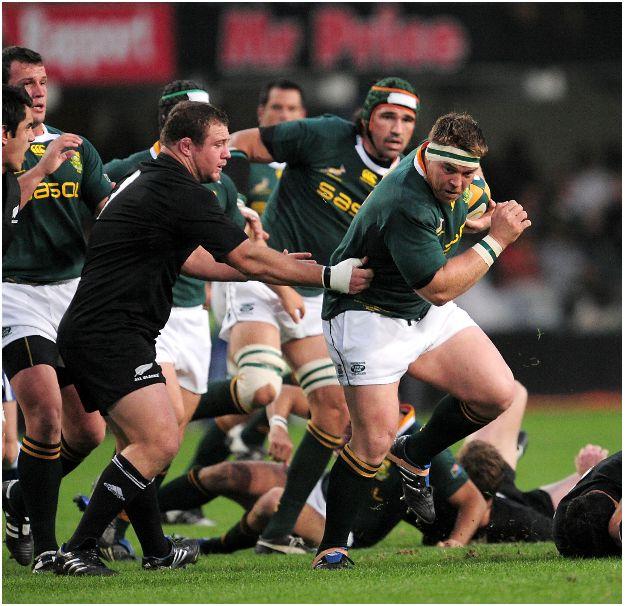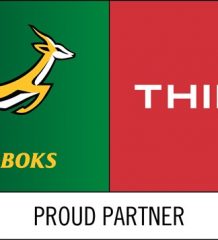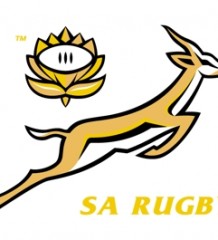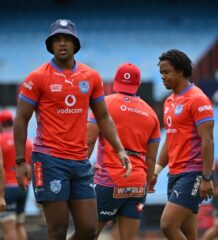Springbok conditioning programme – the facts

The South African Rugby Union (SARU) has contacted the South African Rugby Players’ Association (SARPA) to express its surprise and alarm at their representation of the Springbok conditioning programme.
SARU shares their disappointment that certain contracted players are unable to currently enjoy much-needed match practice. However, their release is a gross distortion of the facts as set out below for media information and explanation.
• All players are primarily contracted to provinces.
• A number of elite players also accept Springbok contracts
• SARU cannot prescribe when, or how often, these contracted Springboks appear for their provinces
• In order to lighten the workload of players SARU set the goal of managing players on an individual basis in 2010 as per the pattern of the 2006 season.
• Provinces agreed to the proposal earlier this year and are compensated for the time that the players are not available to them.
• The outline plan was shared with the contracted players and SARPA CEO Piet Heymans in February 2010.
• Individual conditioning programmes have been provided for the players. The hope was that players’ workloads could be managed on an individual basis in conjunction with their provinces.
• SARU announced on July 2 that contracted Springboks would be rested for a month, following the Vodacom Tri-Nations. SARPA made no comment at that time nor has SARPA contacted SARU in the intervening nine weeks to raise an objection.
• The provinces were asked in a conference call this week to treat player resting on a case-by-case basis. Provinces preferred to uniformly rest the players to prevent unfair advantages or disadvantages being created in the Absa Currie Cup.
• No Springbok player has spoken to team management or the national teams department objecting to the principle either now or at any point in the last nine weeks.
Issued by SARU Communications
Related Posts
« Vishuis look to do it again at Free State University SAA National Club Champs Countdown – Noordelike unfazed by Stellenbosch challenge »
















